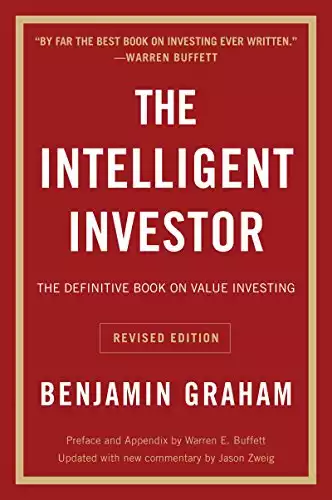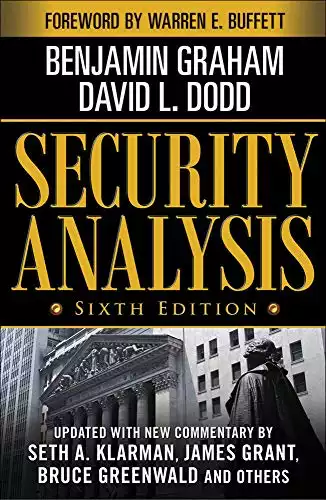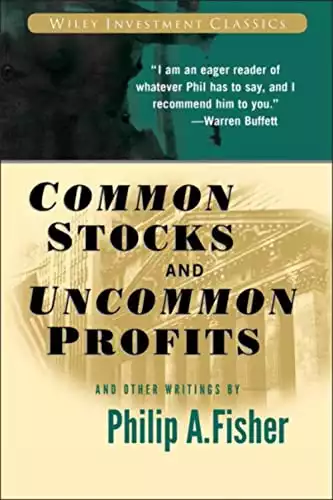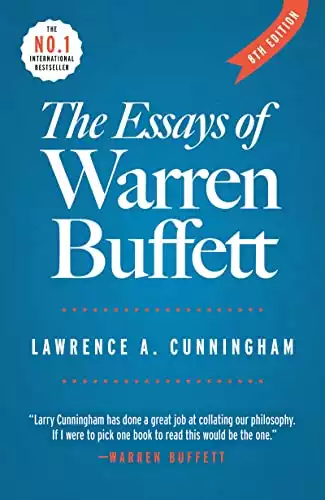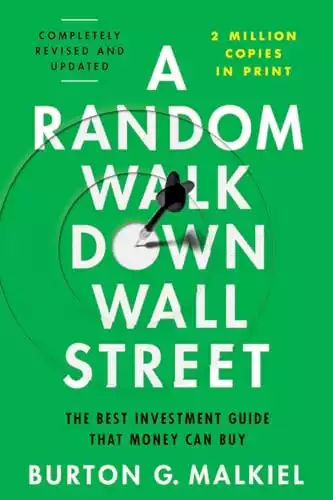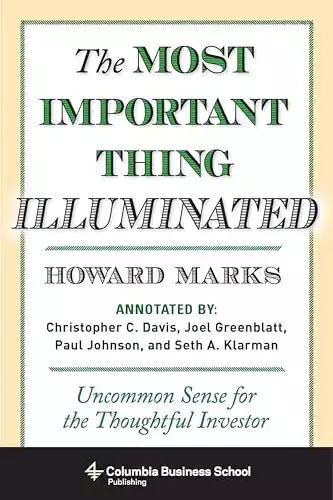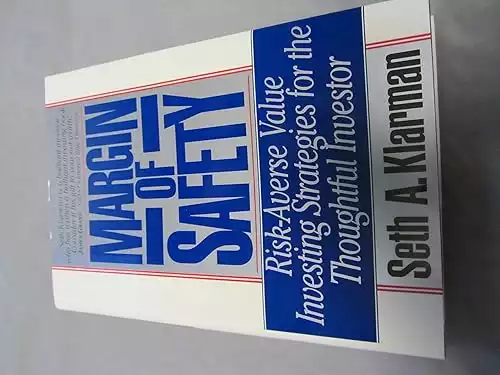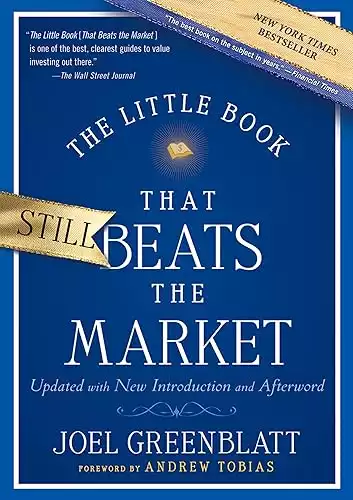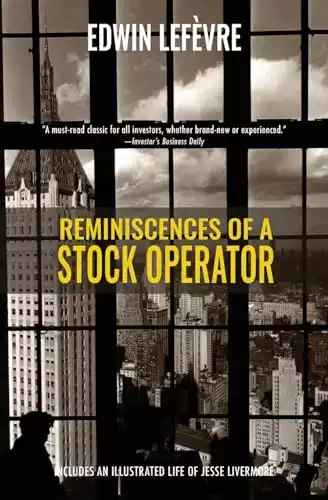Dowload Ten Best Investment Books of All Time
Introduction
Investment success begins with knowledge, and The Ten Best Investment Books of All Time offer timeless strategies and market insights that have helped countless investors navigate the complexities of the financial world.
Why You Should Read the Best Investment Books
Investing is a skill that requires patience, strategy, and continuous learning. While experience plays a significant role, learning from the wisdom of experts can accelerate your growth. The best investing books of all time not only teach you the basics but also delve into advanced strategies, historical trends, and psychological aspects of investing. By studying these books, you can gain insights into the minds of successful investors and avoid common pitfalls.
Here are list of The Ten Best Investment Books of All Time
1. The Intelligent Investor by Benjamin Graham
Book Summary
In The Intelligent Investor, Benjamin Graham talks about how to invest smartly by focusing on value investing principles. He explains how to analyze stocks, avoid big risks, and think long-term. It’s a must-read if you want to build wealth like a pro.
Key Takeaways
- Distinguish between investing and speculating.
- Emphasize the margin of safety.
- Focus on intrinsic value.
Why It's Recommended
The principles of value investing outlined by Graham are as relevant today as they were when the book was first published. This is a must-read investment book for anyone serious about investing.
Quote
“The intelligent investor is a realist who sells to optimists and buys from pessimists.”
2. Security Analysis by Benjamin Graham and David Dodd
Book Summary
Benjamin Graham and David Dodd’s in his book Security Analysis teaches readers how to study financial data and find undervalued stocks. It’s all about understanding value investing principles and making smart decisions in the stock market. The book is a must-read for anyone serious about long-term investing.
Key Takeaways
- Perform detailed financial statement analysis.
- Assess the value of different types of securities.
- Understand the principles of value investing.
Why It's Recommended
Security Analysis is essential for understanding the methodologies behind evaluating stocks and bonds. It is one of the top investing books that every investor should read.
Quote
“In the short run, the market is a voting machine but in the long run, it is a weighing machine.”
3. Common Stocks and Uncommon Profits by Philip Fisher
Book Summary
Common Stocks and Uncommon Profits by Philip Fisher in his book explores the principles of growth investing techniques, emphasizing qualitative analysis. Fisher highlights how understanding a company's management, innovation, and market potential can lead to better investment decisions. The book offers timeless advice for identifying high-quality stocks with strong long-term growth potential.
Key Takeaways
- Invest in quality companies with growth potential.
- Conduct thorough research and analysis.
- Focus on long-term investment horizons.
Why It's Recommended
Fisher's approach to growth investing complements Graham's value investing, providing a well-rounded view of investing strategies. It's one of the best investment books of all time for learning about qualitative analysis.
Quote
“The stock market is filled with individuals who know the price of everything, but the value of nothing.”
4. The Essays of Warren Buffett by Warren Buffett
Book Summary
Key Takeaways
- Invest in businesses you understand.
- Focus on long-term value creation.
- Prioritize quality management.
Why It's Recommended
Buffett's practical wisdom and insights into investing make this an invaluable resource for any investor. It's one of the good investing books that offer timeless lessons.
Quote
“Price is what you pay. Value is what you get.”
5. A Random Walk Down Wall Street by Burton G. Malkiel
Book Summary
Burton G. Malkiel in his book A Random Walk Down Wall Street introduces the efficient market hypothesis, emphasizing the benefits of historical market analysis and advocating for a diversified portfolio. His focus on long-term passive investing strategies provides readers with practical guidance to build wealth steadily over time.
Key Takeaways
- Understand the efficient market hypothesis.
- Diversify your investments.
- Embrace long-term, passive investing strategies.
Why It's Recommended
The book offers a comprehensive guide to understanding market efficiency and the benefits of diversification. It is a top book on investing for those interested in market theory.
Quote
“A blindfolded monkey throwing darts at a newspaper's financial pages could select a portfolio that would do just as well as one carefully selected by experts.”
6. The Most Important Thing by Howard Marks
Book Summary
Howard Marks in his book The Most Important Thing shares his insights on risk, market cycles, and investment decision-making in The Most Important Thing. The book emphasizes the value of behavioral finance insights, helping readers understand how emotions and psychology affect investment outcomes, making it an essential read for thoughtful and disciplined investing.
Key Takeaways
- Focus on risk management.
- Understand market cycles and investor psychology.
- Emphasize second-level thinking.
Why It's Recommended
Marks provides insightful perspectives on risk and practical advice for navigating market cycles. It is an essential read among investment strategy books.
Quote
“Rule number one: most things will prove to be cyclical. Rule number two: some of the greatest opportunities for gain and loss come when other people forget rule number one.”
7. Margin of Safety: Risk-Averse Value Investing Strategies for the Thoughtful Investor by Seth A. Klarman
Book Summary
Margin of Safety by Seth Klarman highlights the importance of risk management and disciplined investing. It provides insights into avoiding common pitfalls and emphasizes the value of careful research and wealth-building books principles. Klarman's approach focuses on preserving capital while seeking opportunities in undervalued investments.
Key Takeaways
- Understand the importance of margin of safety.
- Learn risk-averse value investing strategies.
- Focus on minimizing risk and maximizing returns.
Why It's Recommended
Klarman’s detailed strategies on risk management and focus on margin of safety are crucial for any value investor. This book is one of the must-read investment books for risk-averse investors.
Quote
“The avoidance of loss is the surest way to ensure a profitable outcome.”
8. Poor Charlie’s Almanack: The Wit and Wisdom of Charles T. Munger by Charles T. Munger
Book Summary
Poor Charlie's Almanack by Charles T. Munger shares timeless lessons on decision-making, investing, and life, inspired by Munger's speeches and philosophy. The book emphasizes behavioral finance insights, encouraging readers to think critically, embrace multidisciplinary learning, and focus on long-term success. It’s a must-read for wisdom on business and investing.
Key Takeaways
- The importance of multidisciplinary thinking.
- The value of patience and long-term planning.
- The benefits of continuous learning and self-improvement.
Why It's Recommended
Munger’s wit and wisdom offer deep insights into investing and life, making it a valuable read for investors seeking a broader perspective. It's one of the top books for investing that covers a wide range of topics.
Quote
“In my whole life, I have known no wise people who didn’t read all the time – none, zero.”
9. The Little Book That Still Beats the Market by Joel Greenblatt
Book Summary
Greenblatt presents a simple, formulaic approach to investing that focuses on buying good companies at bargain prices.
Key Takeaways
- Importance of value investing.
- Use a systematic approach to select stocks.
- Long-term performance focus.
Why It's Recommended
Straightforward, easy-to-follow investment strategy for investors at all levels. This is one of the good investment books for beginners and seasoned investors alike.
Quote
“The secret to investing is to figure out the value of something – and then pay a lot less.”
10. Reminiscences of a Stock Operator by Edwin Lefèvre
Book Summary
In Reminiscences of a Stock Operator, Edwin Lefèvre tells the captivating story of Jesse Livermore, a brilliant trader. The book reveals his triumphs and struggles while trading stocks and commodities, teaching readers about discipline and understanding the market. It's an essential read for anyone looking to deepen their trading knowledge.
Key Takeaways
- Understand the importance of market psychology.
- Learn from the experiences and mistakes of one of history's greatest traders.
- Gain insights into trading strategies and market behavior.
Why It's Recommended
This classic provides a deep understanding of the human factors involved in trading and investing. It's one of the top stock market books that delves into the psychology of trading.
Quote
“There is nothing new on Wall Street. There can’t be because speculation is as old as the hills.”
Conclusion
These books provide a wealth of knowledge and strategies that can enhance your investing journey. Dive into these reads to sharpen your investment skills and make informed decisions. Whether you are looking for investment textbooks or books on how to invest in stocks, this list has you covered.

